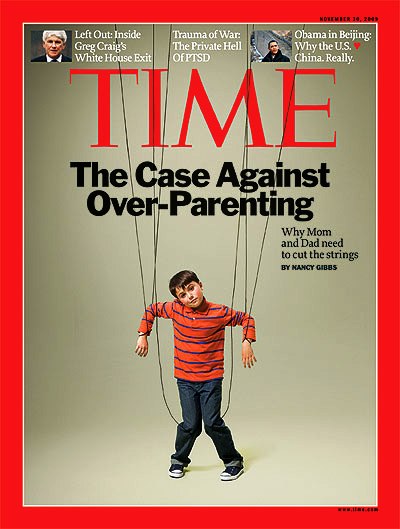When I see something like this news story about a cancelled Easter egg hunt in Colorado, I have to wonder what we parents are doing to our kids.
Mood music:
http://youtu.be/E5H8DwJI0uA
According to the article from The Associated Press, “Organizers of an annual Easter egg hunt attended by hundreds of children have canceled this year’s event, citing the behavior of aggressive parents who swarmed into the tiny park last year, determined that their kids get an egg.”
The article continues, “Too many parents had jumped a rope set up to allow only children into Bancroft Park in a historic area of Colorado Springs. Organizers say the event has outgrown its original intent of being a neighborhood event. Parenting observers cite the cancellation as a prime example of so-called “helicopter parents” – those who hover over their children and are involved in every aspect of their children’s lives – sports, school, and increasingly work – to ensure that they don’t fail, even at an Easter egg hunt.”
Being the parent of two kids born at the beginning of the 21st-Century, I get sensitive about this stuff.
I’ve always been fiercely protective of my children. Part of it is that fear of loss. I’m like Marlin the clown fish in “Finding Nemo.” Like Marlin, I don’t want anything bad to happen to my offspring.
The “bad” includes them being disappointed if they lose at a game or fail to win a prize. Sean loves watching “The Clone Wars” and once, when we took his screen time away for misbehavior, I felt horrendous. When a game doesn’t go Duncan’s way he loses it, and my natural instinct is to want him to feel better.
It would be easy for me to make fun of the parents who got crazy and stupid to ensure their kids got an Easter egg, but the truth is that I could have just as easily been one of those parents.
Any good parent is going to be over-protective to a point, and that’s how it should be. God gave us these kids to nurture, and we have to make sure they make it to adulthood and beyond.
But we’re also supposed to teach them how to survive adversity. For all my talk in this blog, I haven’t always done that part very well.
Some of it is my own background. Having watched my parents divorce, a brother die and a best friend commit suicide, I’ve had an overwhelming urge to shield Sean and Duncan from danger and disappointment at all costs. That kind of compulsion is tailor-made for someone with OCD, because we drive ourselves mad trying to control all the things we are absolutely powerless to control.
I’ve gone crazy over all the usual things. I see a mosquito bite or two on their legs and I go into a fit of lunacy because mosquitoes can carry dangerous diseases. Letting them out of my sight can fill me with dread.
But I also remember something else from childhood: After my brother died, my mother, who was already overbearing, became absolutely suffocating. I think she wanted me to stay in whatever room she was in straight on through adulthood.
Naturally, I rebelled.
Thank God I did, because without taking some chances in life and breaking free of your protective sphere, you amount to nothing.
I can’t put my kids through the same thing, no matter how much I worry about them.
Learning to better control my OCD had been helpful. When I learned to break free of the fear and anxiety, I stopped going crazy over the little things.
But man, I still hate to see my kids upset. I mean, I HATE it.
But they need to get upset, sometimes. It’s part of growing up.
I’m reminded of a scene from the movie I mentioned at the beginning of this post: Marlin and Dory are inside a whale, and Marlin laments that he failed to keep a promise to his son. The exchange went something like this:
Marlin: “I promised I’d never let anything bad happen to him.”
Dory: “That’s a funny thing to promise. If nothing ever happens to him, then nothing will ever happen to him. Not much fun for little Harpo.”
Kids need adventure. They even need to experience adversity. That’s how they learn to be good, strong adults.
That adversity includes learning to handle the disappointment that comes with not getting an Easter egg, missing a favorite TV show or losing a game.









